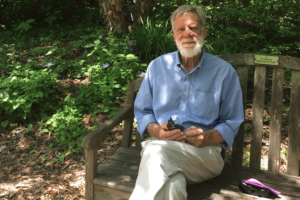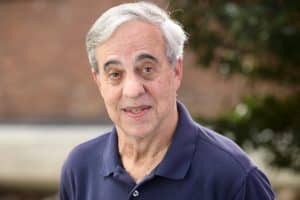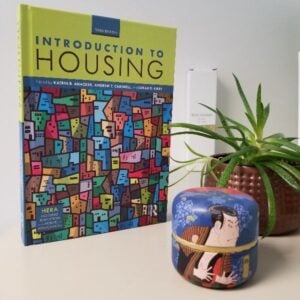We have lost a very special UAA leader.
I regret to announce that William (Bill) Barnes, a long-time UAA stalwart, succumbed to cancer on April 25.
Over his 30-year career at the National League of Cities (NLC), Bill’s project work focused on a broad range of timely topics including public finance, racism and inequity, regional economies, and democratic governance. He contributed “Emerging Issues” columns for NLC’s newspaper and for Public Administration Times. His scholarly publications appeared in respected journals, including Urban Affairs Review, Public Administration Review, and Government and Policy. He co-authored The New Regional Economics with Larry Ledebur. In 2010 he received the Donald C. Stone Award from the American Society for Public Administration for his contributions to the field of intergovernmental management. He received his Ph.D. in history and metropolitan studies from the Maxwell School at Syracuse University in 1977.
Within UAA, Bill played several key roles. Elected to the UAA Governing Board in 1991, he served two consecutive terms ending in 1997. His engagement extended into conference planning with service as 2004 Program Co-chair, and most recently as a member of the 2022 Local Host Committee. In 1987, he was appointed to the editorial board of the Journal of Urban Affairs. Among countless committee roles, he was one of the first members of the European Links Committee, UAA’s earliest effort to build transatlantic connections.
Bill was a relentless advocate for UAA, particularly through efforts to build bridges between urban researchers and city government leaders. His position as director of policy research at the NLC, gave Bill a unique vantage point and ability to make such connections. For many UAA colleagues, he was a compelling voice that challenged purely academic debates by injecting incisive analyses of actual municipal decision making. In other words, Bill believed in “keeping it real.” His voice is the kind that is essential as we seek to bring both truth and fairness to urban policy. He will be sorely missed.






